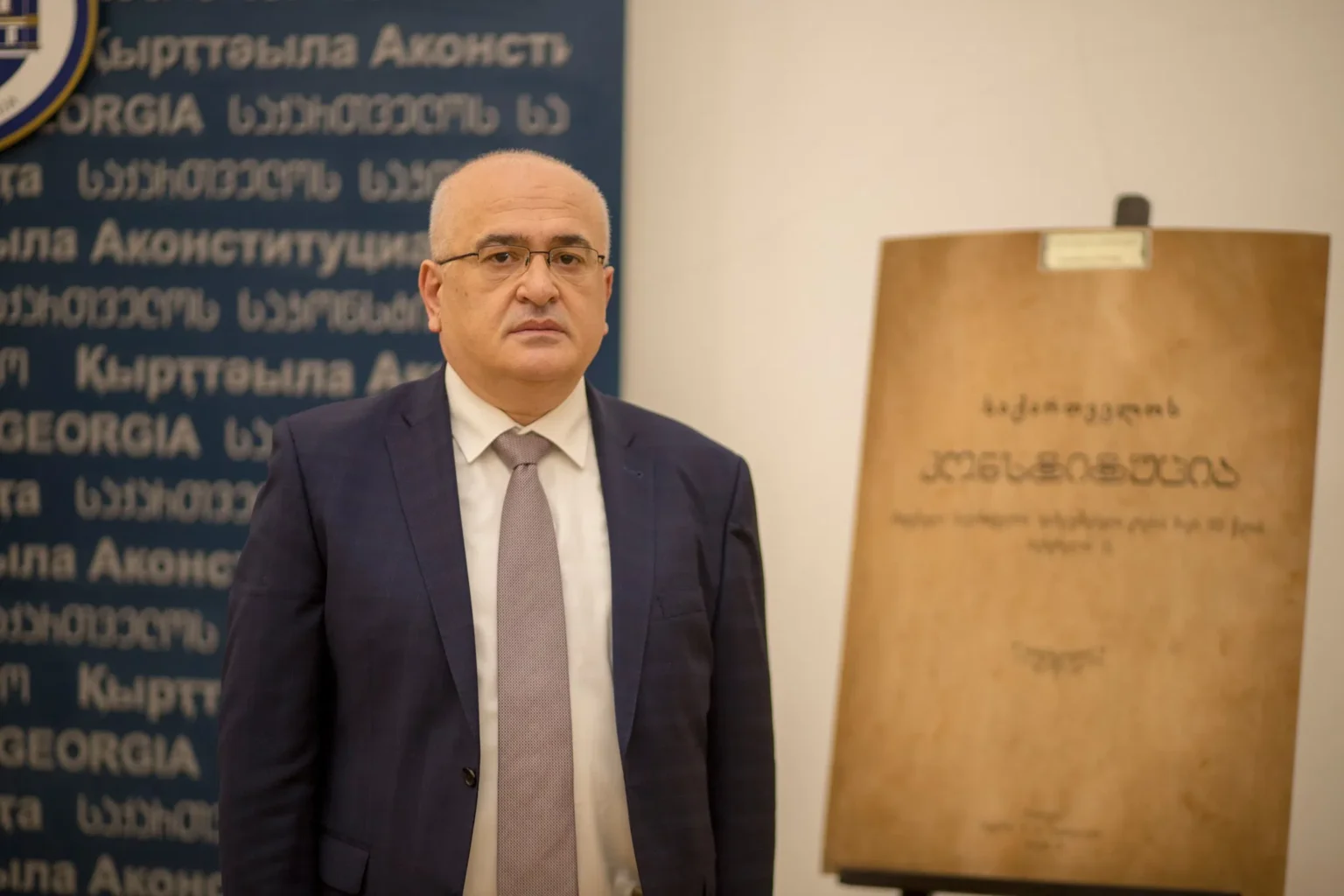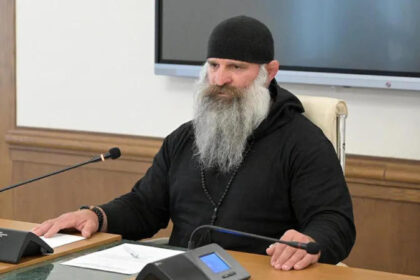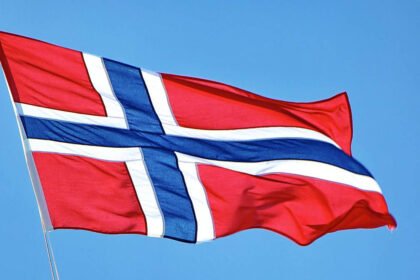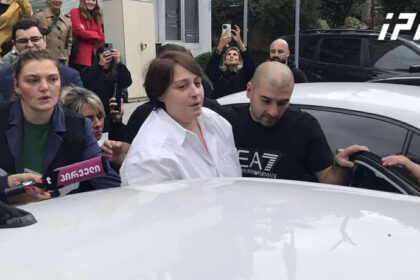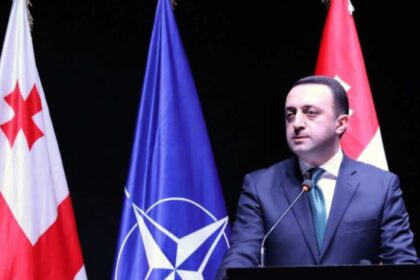**Former Constitutional Court Chairman Takes on New Role in Georgian Government**
In a recent development, Merab Turava, a former chairman of Georgia’s Constitutional Court, has been appointed as Deputy to the Minister of Justice, Georgian Dream. This move comes as part of a broader reshuffle within the country’s one-party parliament.
Turava’s appointment is significant, given that he was among a group of officials from Georgian Dream who were sanctioned by Lithuania in 2022 for enforcing repressive measures against democratic institutions. The list targeted judges, prosecutors, police officers, and other government officials accused of undermining democracy.
As chairman of the Constitutional Court, Turava served from June 2020 to March 30, 2025. He had previously been a judge since March 2015 and deputy chair starting in January 2018. His tenure was marked by controversy, particularly in his refusal to sign the court’s verdict in the case of former Tbilisi Mayor Gigi Ugulava in 2015.
The case involved the violation of pre-trial detention limits, and Turava’s decision delayed the ruling’s legal effect. He was also involved in the judicial oversight of the Rustavi 2 television ownership dispute, which was a contentious issue at the time.
Turava’s appointment as Deputy to the Minister of Justice comes amid significant changes within Georgia’s one-party parliament. The move follows the April 2 announcement by Prime Minister Irakli Kobakhidze that Paata Salia, former director of the pro-government broadcaster Rustavi 2, would become the new GD Justice Minister.
**What Does This Mean for Georgia?**
Turava’s appointment raises questions about the direction of Georgia’s government and its commitment to democratic values. His involvement in repressive measures and controversial judicial decisions has sparked concerns among civil society organizations and opposition parties.
The move also highlights the ongoing tensions within Georgian Dream, which has faced criticism from opposition groups and human rights organizations for its handling of democratic institutions. The appointment of new officials like Turava may be seen as an attempt to consolidate power and silence dissenting voices within the party.
As the situation unfolds, it will be essential to monitor the implications of Turava’s appointment on Georgia’s democratic landscape. Will this move signal a shift towards greater repression or a continuation of the status quo? Only time will tell.
Read More @ civil.ge




